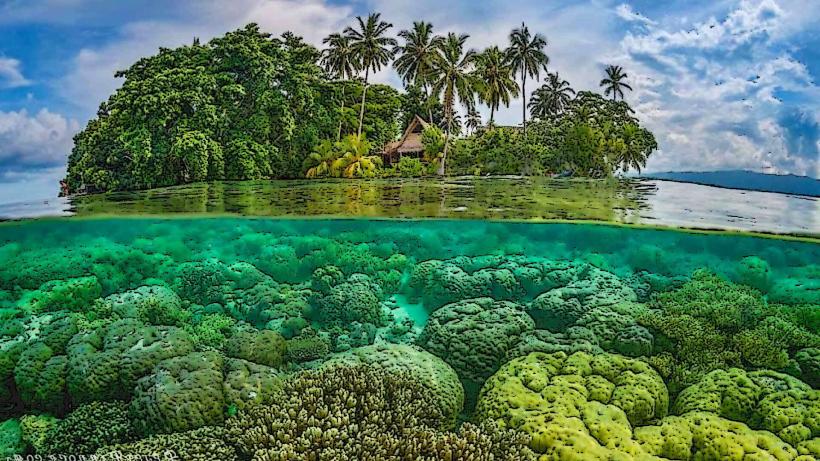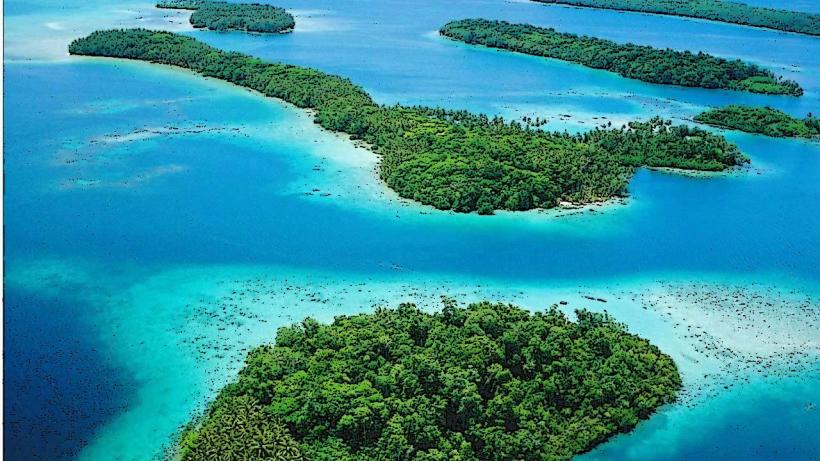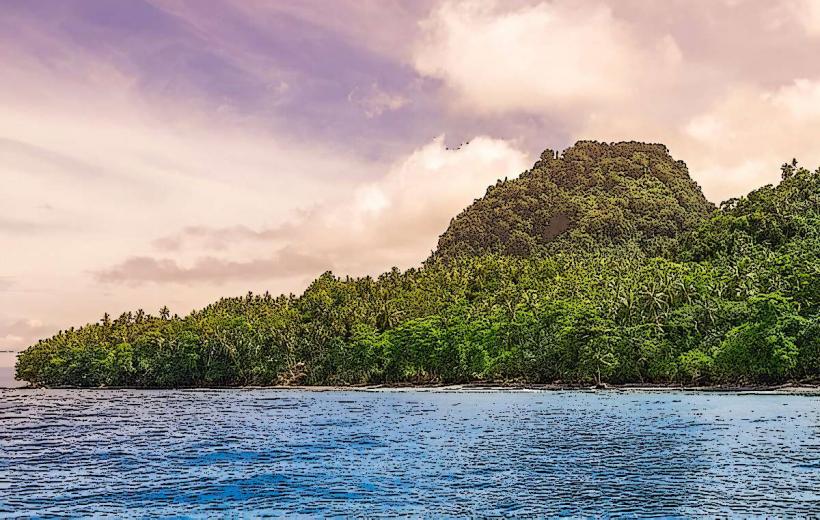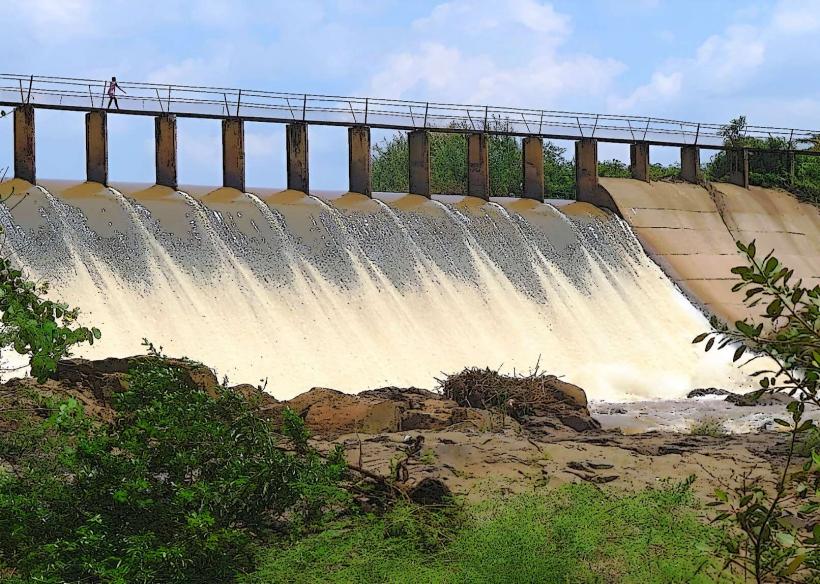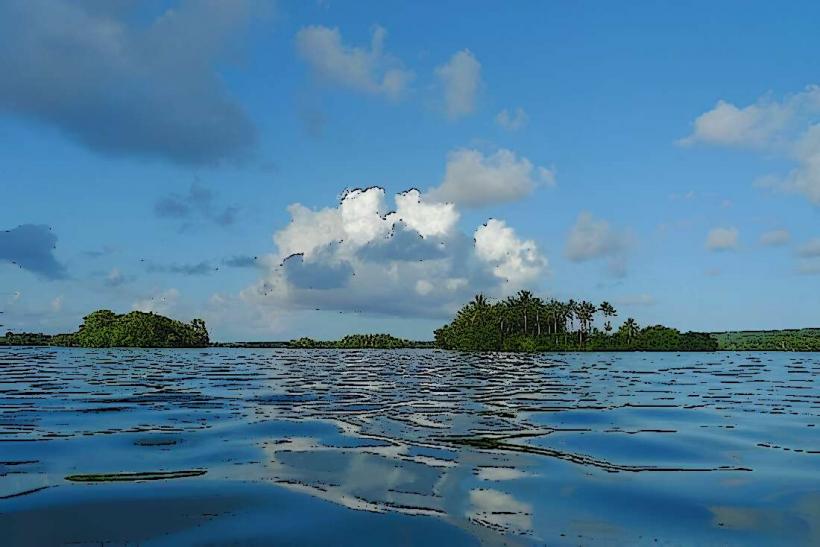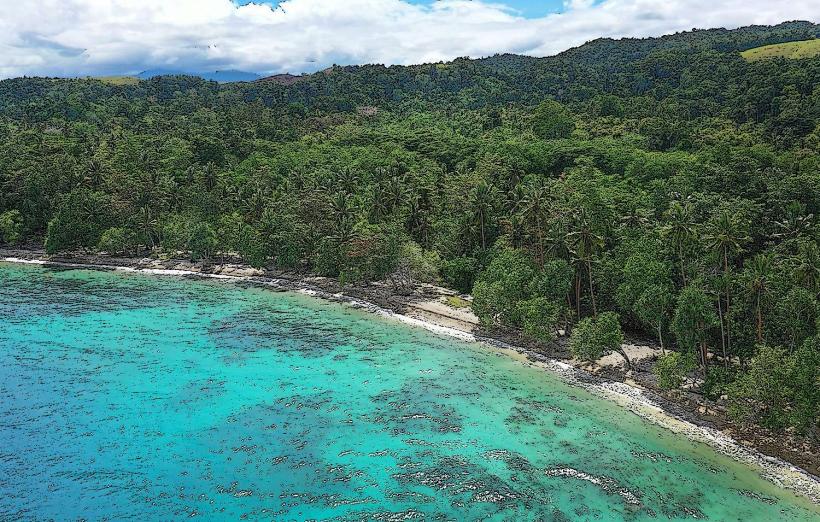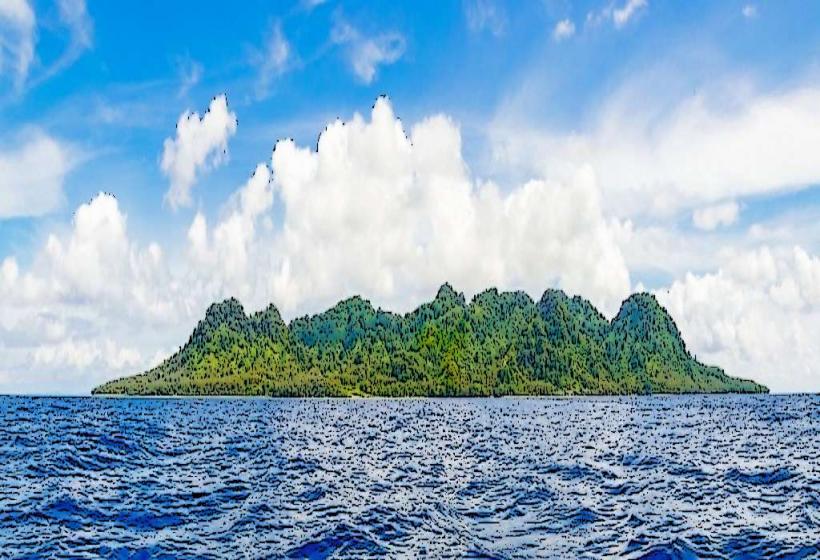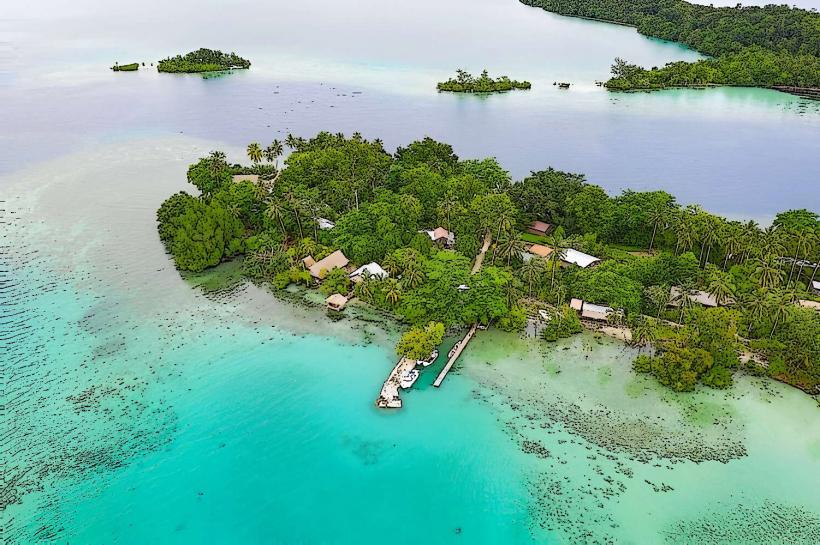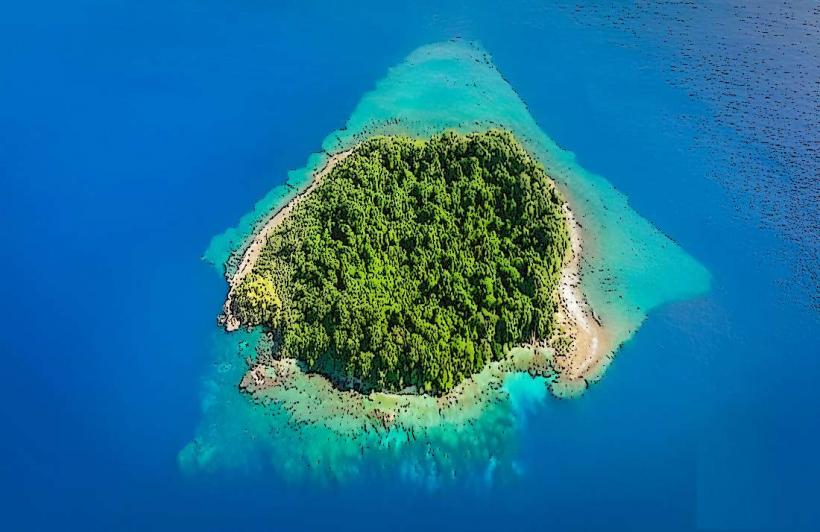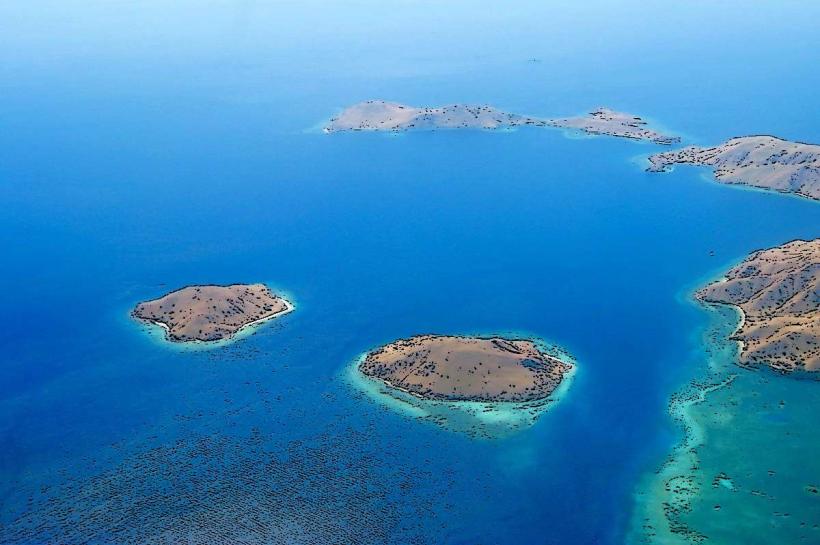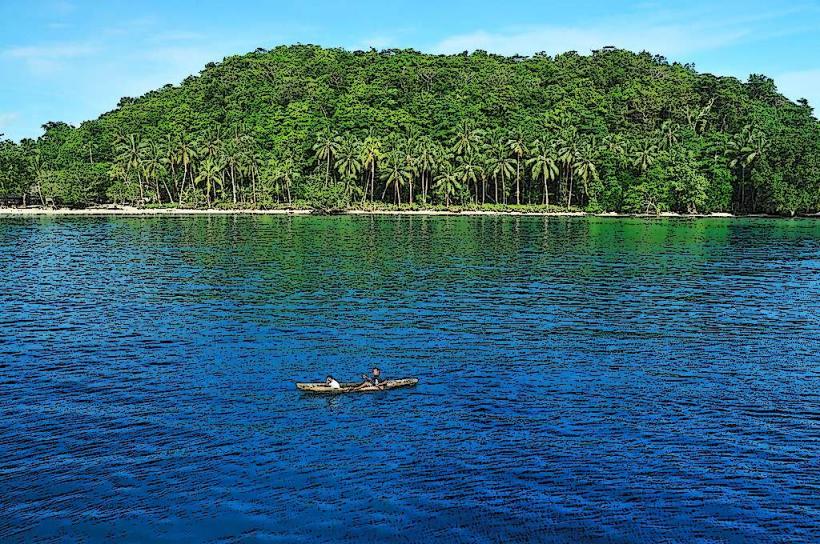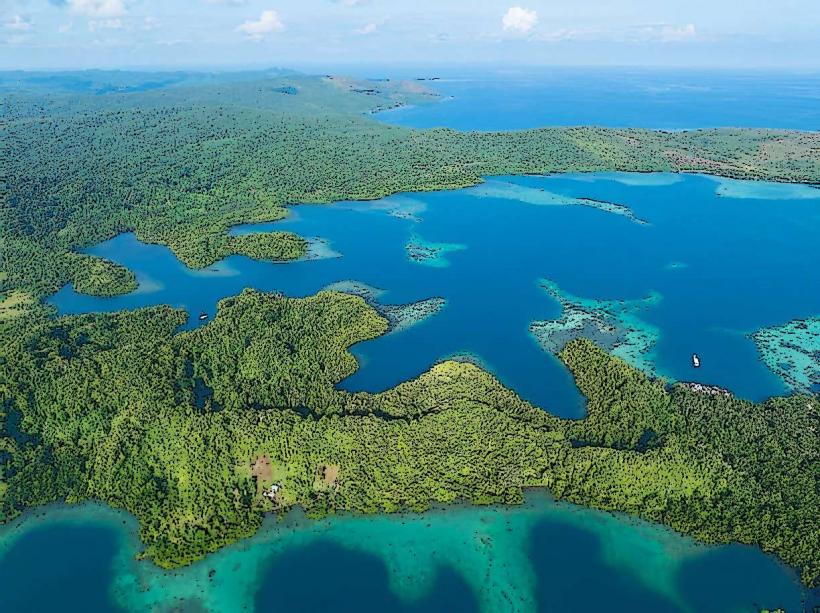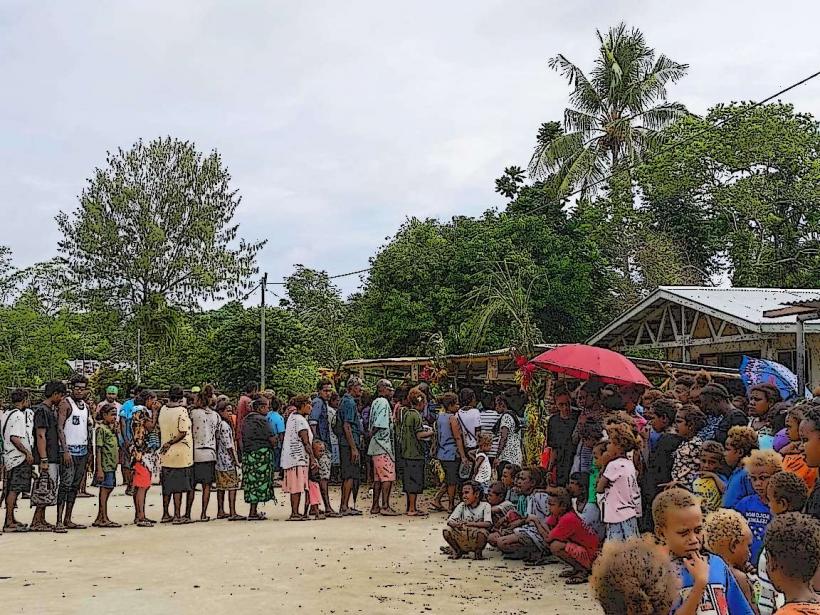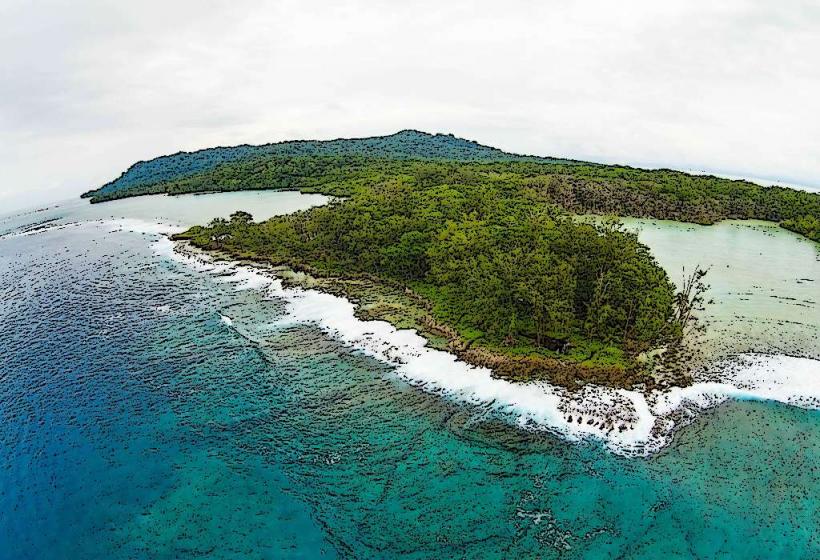Information
Landmark: Guadalcanal IslandCity: Western Province
Country: Solomon Islands
Continent: Australia
Guadalcanal Island, Western Province, Solomon Islands, Australia
Guadalcanal is the largest island in the Solomon Islands, located in the South Pacific. It has a rich history and played a pivotal role during World War II, especially in the Pacific Theater.
Geography:
- Area: 5,302 square kilometers (2,036 square miles)
- Length: Approximately 160 km (100 miles)
- Width: Varies, up to 50 km (31 miles)
- Terrain: Guadalcanal features mountainous regions, dense tropical rainforests, and coastal plains. The island is known for its rugged terrain, including the prominent Guadalcanal Range, which runs through its center.
- Climate: The island has a tropical rainforest climate, with a significant amount of rainfall throughout the year, particularly from November to April.
History:
- Early Inhabitants: The island was first settled by Melanesian peoples over 3,000 years ago. It remains home to indigenous communities today.
- World War II: Guadalcanal became famous during the Guadalcanal Campaign (1942–1943) between Allied forces, primarily the United States, and Imperial Japan. The U.S. Marines landed on the island in August 1942, and fierce fighting ensued over control of strategic locations, including the airfield at Henderson Field.
- The campaign was one of the first major Allied offensives in the Pacific and marked a turning point in the war. The island was eventually secured by the Allies in early 1943 after months of intense battle, which significantly weakened Japan's naval and air presence in the region.
Economy:
- The island's economy is primarily based on agriculture, with crops like coconuts, bananas, cassava, and cocoa being cultivated. The surrounding waters also support fishing industries.
- Logging is another important economic activity, as the island is rich in timber resources.
- Tourism, particularly related to World War II history and natural attractions, is a growing sector, though the infrastructure is still developing.
Culture:
- The indigenous people of Guadalcanal belong to the Solomon Islands’ broader Melanesian cultural group. Their languages, customs, and traditions are diverse across different communities on the island.
- Christianity, introduced by missionaries in the 19th century, is the dominant religion, but traditional beliefs and practices remain significant in rural areas.
Modern-Day:
- The capital of the Solomon Islands, Honiara, is located on the northern coast of Guadalcanal.
- Guadalcanal has a small, developing economy and remains a center of historical and cultural significance in the Solomon Islands. The island is accessible by air and sea, with Honiara being the primary port and airport for international visitors.

